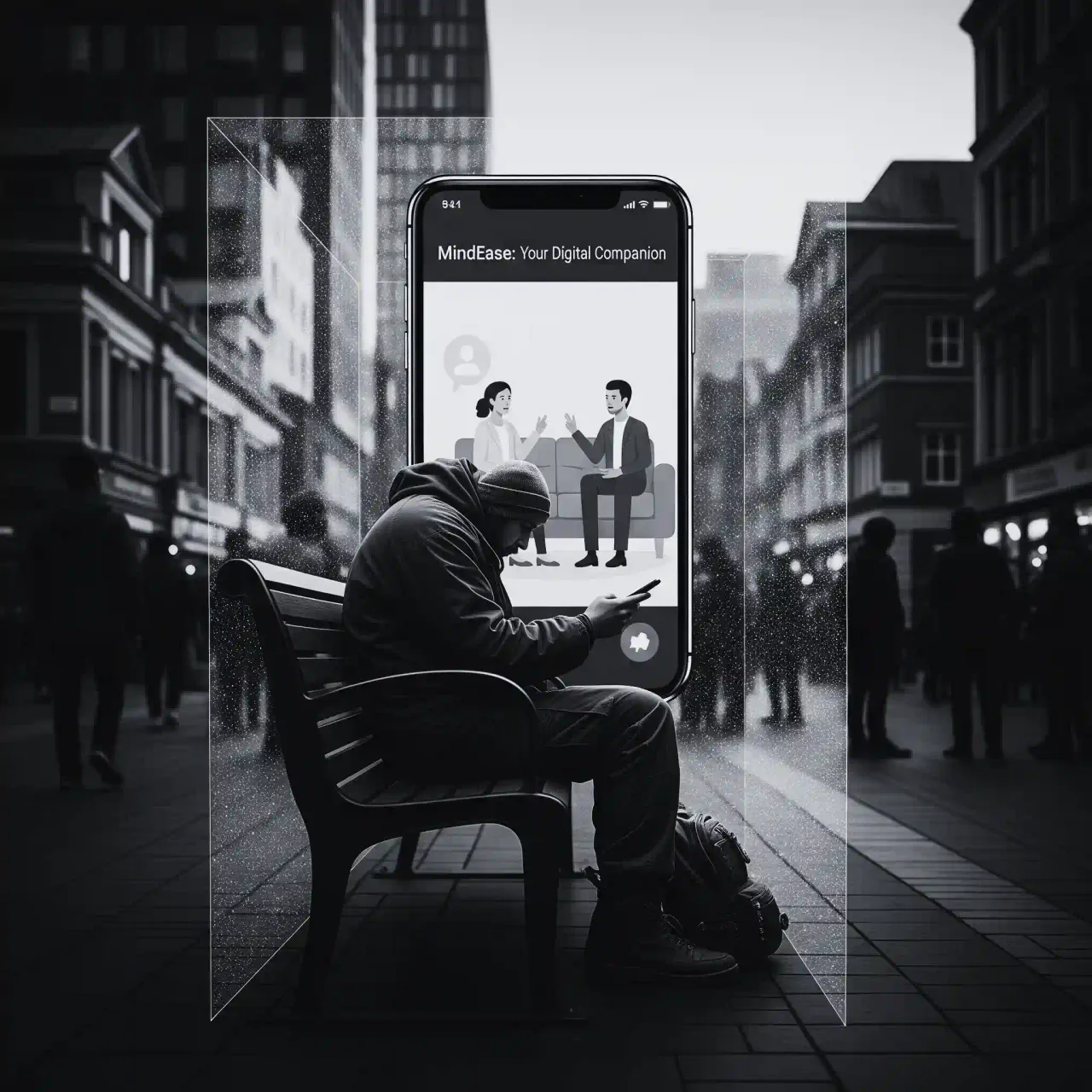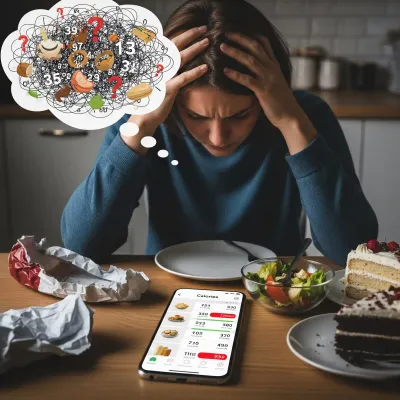Mental health without borders: Why expats need more than therapy apps
while therapy apps offer accessibility and convenience, they often fall short in addressing the nuanced emotional realities of expats and migrants.

Table of Contents
- Mental health without borders: Why expats need more than therapy apps
- The emotional landscape of expats: Belonging lost and found
- The limits of therapy apps: Convenience without context
- What expats actually need: Beyond the screen
- Watch, reflect, connect: Tools for healing
- Read more, feel seen: Stories that resonate
- Join the global conversation: You are not alone
- Conclusion: Reclaiming your story in a new land
Mental health without borders: Why expats need more than therapy apps
Ana moved to Germany for her master’s degree full of hope and anticipation. She downloaded a popular therapy app, confident it would soothe her anxiety and ease the transition. But as sessions rolled by, she realized the therapist didn’t understand her cultural background, the crushing stress of visa uncertainties, or the invisible loneliness she felt amidst a bustling city full of strangers. Ana’s story isn’t unique. It highlights a growing truth: while therapy apps offer accessibility and convenience, they often fall short in addressing the nuanced emotional realities of expats and migrants. Today, we delve into the emotional complexity of expat life, the limitations of generic mental health tools, and how Unburdened You Org extends a more holistic hand to those navigating this challenging journey.
The emotional landscape of expats: Belonging lost and found
Living abroad is a thrilling adventure, but it often comes bundled with deep emotional upheaval. Culture shock surprises many with its intensity, blending homesickness with a confusing reshuffle of identity. Daily challenges like visa uncertainties, financial instability, and the labyrinth of bureaucratic procedures weigh heavily, gnawing at emotional resilience. Perhaps most poignantly, expats face loneliness that extends beyond physical isolation—it’s a disconnection from the familial and cultural roots that typically anchor us. Adlerian psychology helps us understand this as a disruption of Gemeinschaftsgefühl, or social interest—the innate human desire for belonging and purposeful contribution. For expats, rebuilding this social connectedness becomes both a vital need and a formidable challenge.
The limits of therapy apps: Convenience without context
Therapy apps have democratized access to mental health care, but convenience alone isn’t enough. Language barriers and cultural mismatches often make virtual therapy sessions feel detached or irrelevant. Generic advice, while comforting, rarely speaks to the harsh realities of migration trauma or transitional grief. Expat-specific stressors such as the fear of visa loss, exclusion from the job market, and feeling culturally dislocated demand understanding beyond broad strokes. As one might say, “Mental health support should meet you where you are — not just on your phone, but in your story.” Without cultural sensitivity and context, therapy risks feeling like a patch, not a cure.
What expats actually need: Beyond the screen
Expats deserve mental health care that recognizes migration as a profound life transition involving identity shifts and cultural negotiation. This means access to culturally informed therapy that understands their unique histories and challenges. Just as crucial is community-based support: peer groups, local networks, and shared spaces where stories are exchanged and belonging is rekindled. Resources tailored to the phases of migration—arrival, adaptation, job searching, and integration—can offer much-needed guidance and reassurance. For those wondering about their own emotional well-being, Unburdened You Org invites you to take the Expat Stress Test on our Assessment Page as a first step toward clarity.
Watch, reflect, connect: Tools for healing
Words foster understanding, but healing often requires deeper practice and reflection. Our Videos Page offers expert-led content on topics central to the expat experience: managing anxiety in transition, coping with identity loss and rebuilding, and deploying breathing techniques to regulate stress. These guided resources provide a path to reconnect with oneself and create calm amidst uncertainty. Healing begins with reflection, but it flourishes in connection.
Read more, feel seen: Stories that resonate
For those wishing to explore further, related blogs like “Lonely, Broke, and Overqualified: The Mental Health Crisis Among International Students in Europe” and “Visa Stress and Identity Loss: The Expat’s Emotional Burden” delve into intersecting challenges with empathy and insight. Through Adlerian lifestyle analysis, these narratives encourage readers to examine their inner world alongside external realities, deepening the journey toward self-understanding and integration.
Join the global conversation: You are not alone
No journey needs to be walked in solitude. Follow us on Instagram @unburdenedyou for daily affirmations, mental health tips catered to expats, and real stories from others navigating life abroad. This evolving community is a beacon for solidarity and inspiration—proof that connection can survive borders and that shared experience can be a powerful healer.
Conclusion: Reclaiming your story in a new land
Expats deserve mental health care that honours their full complexity—the interwoven threads of culture, identity, and circumstance. Therapy apps are a helpful start, but the healing expat needs goes beyond screens. It demands culturally attuned care, community, and resources that speak to migration’s emotional landscape. So I leave you with this question: What part of your story has been lost in translation — and how can you reclaim it today? In seeking answers, you don’t just find mental wellness—you rediscover belonging, purpose, and peace. At Unburdened You, we believe your story matters. Let’s walk this path together.
Related Posts

When your degree feels useless: Mental health in a shrinking job market
You invested years, sleepless nights fuelled by coffee, and the occasional existential crisis, only to hit a roadblock where your shiny degree seems to be flashing “Not Applicable” in the job market.

Calorie counting and control: When nutrition becomes a mental struggle
Calorie counting, when rooted in control rather than self-care, can morph into a quiet battle with your own mind. Let’s explore the psychology beneath food tracking, its emotional ripple effects, and how Unburdened You Org offers paths back to a nourishing relationship with food.

Political anxiety is real: How global conflict is affecting everyday minds
Political anxiety is no fleeting discomfort—it quietly chip away at our mental well-being, leading to burnout, emotional fatigue, and what many experience as high-functioning depression.
